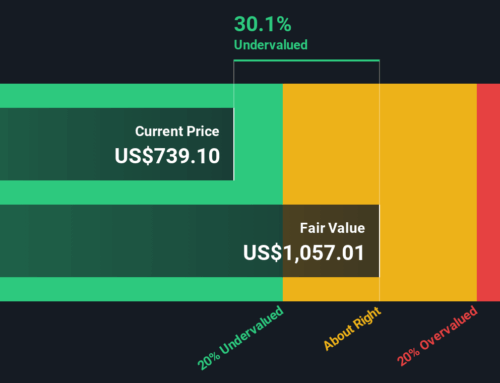Lessons from the OP_RETURN Debate on Bitcoin Governance for Fintech Startups
September 21, 2025
Bitcoin governance is in turmoil right now and it is a hot topic within the crypto community. The recent decision to remove the OP_RETURN limit has sparked a lot of arguments and concerns about the future of decentralization in Bitcoin. Developers are pushing for changes, but many in the community are worried that these changes will conflict with the core principles that Bitcoin was built on. In this post, we explore the implications of this governance struggle and what fintech startups can learn from it.
Understanding Bitcoin’s Governance Model
Bitcoin has a complicated governance model that’s all about decentralized decision-making, community involvement, and technical growth. The latest move by Bitcoin Core developers to do away with the OP_RETURN data size limit has stirred up significant controversy, raising questions about the future of Bitcoin as a decentralized financial system. This situation serves as a valuable case study for fintech startups facing their own governance hurdles.
OP_RETURN Limit Removal: A Deep Dive into Crypto Governance
The OP_RETURN limit has been a point of contention. Some, like Bitcoin developer Jimmy Song, argue that getting rid of this limit shows a “fiat” mindset that undermines the decentralized and secure nature of Bitcoin. The crux of the debate revolves around what constitutes spam and the long-term effects of allowing larger data sizes on the blockchain.
Proponents of the removal argue that it aligns with Bitcoin’s ethos of letting the fee market dictate what data gets stored on-chain. They see this as a way to spur innovation, potentially leading to new uses like document verification and NFTs. Yet, concerns about blockchain bloat and the increased hardware demands for running full nodes have raised alarms about the network’s decentralization and scalability.
Community Response: The Bitcoin Knots Movement and Decentralization
Many node operators have transitioned to Bitcoin Knots, an alternative Bitcoin software that enforces stricter data limits, in response to the OP_RETURN limit removal. This shift reflects a growing wariness of network centralization and potential data bloat. Since early 2024, Bitcoin Knots nodes have increased from roughly 1% to nearly 20% of all active nodes, signaling a substantial community pushback against the direction Bitcoin Core is heading.
The emergence of Bitcoin Knots highlights the critical role of community input in governance choices. Fintech startups can glean insights from Bitcoin’s experience as they navigate their own governance dilemmas, ensuring stakeholder interests are aligned and the network remains robust against external pressures.
Implications for Decentralization and Network Resilience in Crypto
The governance choices made by Bitcoin Core developers carry significant implications for network stability and user confidence. As the community confronts the fallout from the OP_RETURN limit removal, the need for a balance between innovation and decentralization becomes increasingly clear for any cryptocurrency to thrive.
Fintech startups can learn a lot from Bitcoin’s governance woes. By prioritizing transparent and decentralized governance structures, they can mitigate the risk of fragmentation and cultivate trust among participants. Engaging stakeholders incrementally and implementing stringent security measures will further bolster the resilience of their platforms.
Practical Lessons for Fintech Startups: Navigating Governance in Crypto Payroll and Payments
These lessons are particularly pertinent for fintech startups exploring crypto payroll and payments. As the industry matures, startups need to navigate complex regulatory landscapes while fostering innovation. Key takeaways include:
- Transparent Governance is Key: Use clear decision-making structures and involve community input to minimize disputes and enhance trust.
- Engage Stakeholders Consistently: Keep conversations going with users and developers to ensure protocol evolution aligns with stakeholder needs.
- Innovation Meets Compliance: Work with regulators to shape clear, balanced regulations that promote innovation while ensuring security.
These principles can help fintech startups avoid the pitfalls faced by the Bitcoin community, fostering sustainable and user-friendly platforms.
Summary: The Future of Bitcoin and Its Role in Decentralized Finance
As Bitcoin navigates its governance hurdles, the lessons from the OP_RETURN debate will play a pivotal role in shaping its future as a decentralized financial system. For fintech startups, a solid understanding of these dynamics is essential for building resilient platforms that emphasize decentralization, community engagement, and adaptability. By embracing these principles, startups can position themselves for success in the fast-changing world of cryptocurrency and decentralized finance.
Search
RECENT PRESS RELEASES
Related Post



